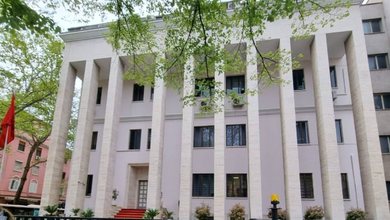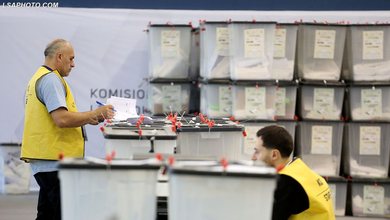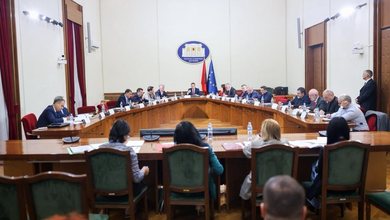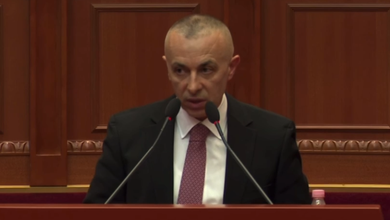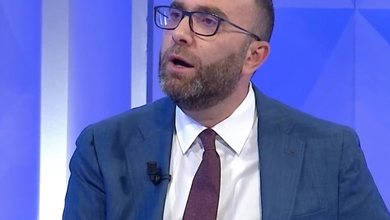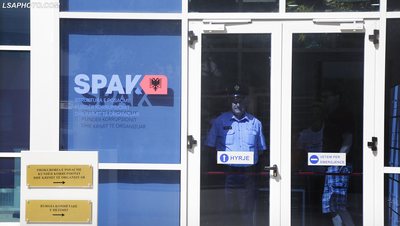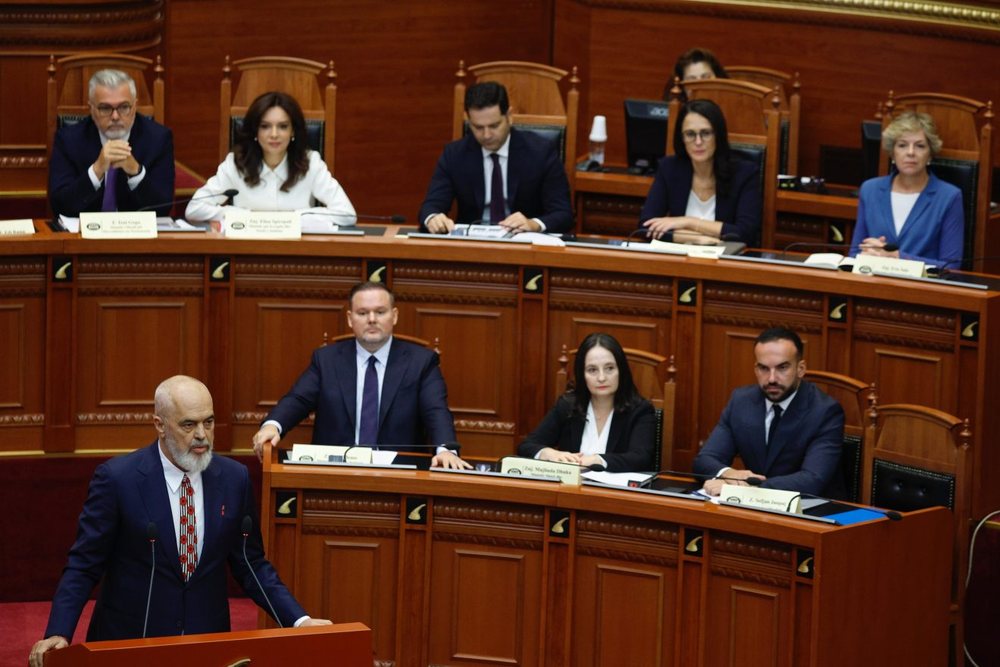
The government's new legal initiative "On Integrated Waste Management" was approved in the Assembly on Thursday by majority vote only, without debate and without clarifying the financial bill for its implementation.
The new law provides for the transformation of the National Waste Management Agency, AKEM, into a joint-stock company responsible for the final management of waste throughout the Republic and the placement of municipalities in the positions of this company's clients for waste disposal and treatment.
The government returns to the hierarchy of waste management by prioritizing source separation, reuse, recycling, and composting, while the law almost overshadows the role of incinerators and incineration as a process in which the socialist government invested tens of millions of euros over a decade.
The legal provisions and the relationship that accompanies the law reinforce the "polluter pays" principle, implying increased fees and costs for waste management, but without managing to provide a transparent financial bill of how much the implementation of these provisions will actually cost taxpayers.
During the discussion of the law in parliamentary committees and public hearings with interested groups, the Ministry of Environment, as the proponent of the initiative, failed to provide an answer about the financial costs, how much the municipalities will cost for collecting and transporting waste to the final points and, consequently, how much local tariffs for citizens will increase.
The law itself stipulates that the Council of Ministers will approve the methodology for calculating the operational costs and service costs of collection, cleaning and transportation to waste transfer stations by local self-government units. The methodology will also determine waste management fees.
But MPs' repeated questions about how much this waste management reform will cost taxpayers did not receive clear answers from the ministry.
Regarding the total cost of waste management, Minister of the Environment, Sofjan Jaupaj, said that EU directives set recycling targets for 2035 and based on these targets, the financial value that needs to be invested in the infrastructure needed until 2035 has been predicted.
In the evaluation report prepared by this ministry, the option recommended by the EU estimates that the total investment costs will amount to around 683 million euros by 2035.
Also, annual costs per ton of waste generated are expected to increase from 79 euros per ton in 2025 to 170 euros per ton in 2035.
Meanwhile, Minister Jaupaj informed MPs that the ministry was in the negotiation stages "to extend the deadline for completing this investment beyond 2035", according to the report of the parliamentary committee on "Natural Resources, Infrastructure and Sustainable Development".
During the hearing in the Laws Committee, he said that the main financial burden will be borne by the government, while municipalities will cover part of the costs.
"This is the most expensive chapter of the negotiations with the European Union. The government is in talks to secure EU funds, loans and grants, so that we can support the new infrastructure without overburdening the local budget," he argued.
Even in the report prepared by the Parliamentary Committee on Economy and Finance, there is no clear financial bill accompanying the implementation of this law.
"The infrastructure and operating costs for integrated waste management are covered by the waste generator or owner, in accordance with the "polluter pays" principle," the report states, while the need for funding from the state budget will be assessed by AKEM.
"Each zone covers the investment costs for the construction of infrastructure for integrated municipal waste management. Municipalities and AKEM finance the investment costs for each waste management zone," the report of this commission further states.
The law stipulates that the cost of waste collection and transfer shall be part of the annual budget of municipalities and shall be covered by the collection of cleaning fees for citizens.
Municipal associations and the mayors themselves who participated in a hearing at the Laws Committee said that municipalities will find themselves in financial difficulties in meeting the costs imposed by the implementation of this law and requested that the law provide for these costs to be met by the state budget through unconditional transfers.
The law was also contested by the opposition and associations representing local government interests for violating local autonomy, while in the parliamentary committee for Europe and Foreign Affairs it was criticized for partial approximation of EU provisions on the Environment.
The Minister said that full approximation will be achieved with the approval of 12 draft decisions of the Council of Ministers as sub-legal acts in line with the transitional periods required within the membership process.
During the review of this law, the Ministry of Environment emphasized that the new waste management reform was complemented by another legal initiative, that of "Extended Producer Responsibility", which has been submitted for review to the Parliament./Reporter.al




